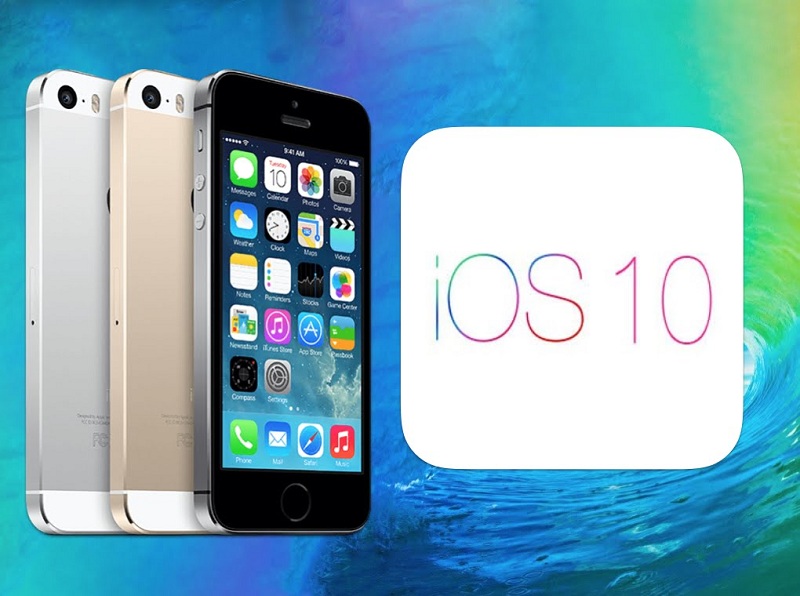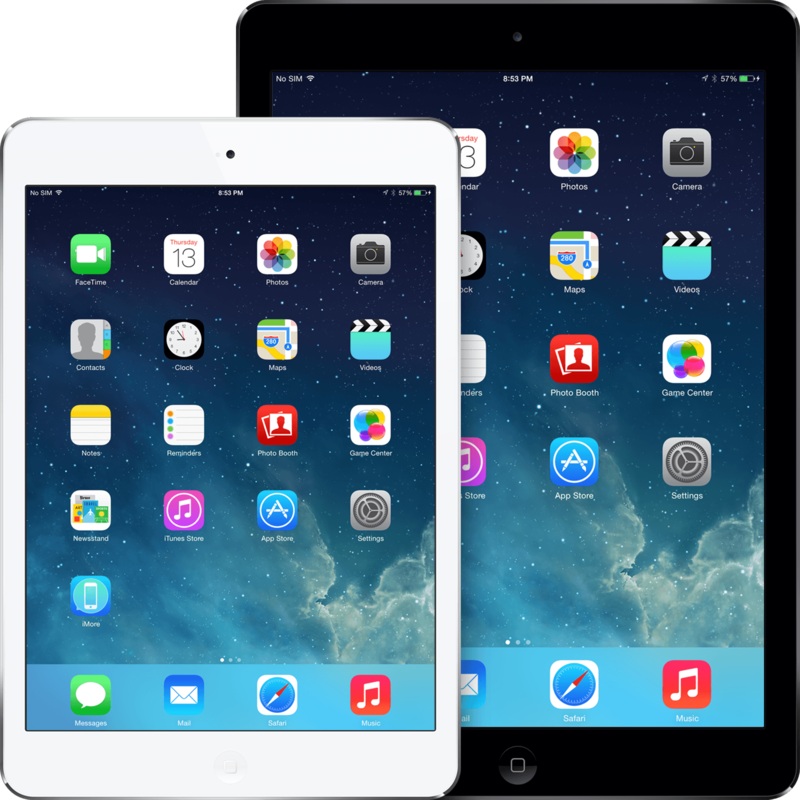PDFelement - Edit, Annotate, Fill and Sign PDF Documents

More than a month ago, Apple introduced iOS 10, the latest upgrade to their operating system for mobile phones at the 2016 WWDC. The news OS will run debut at the iPhone 7, the new smartphone that the Cupertino-based company is scheduled to release in September. But as with every new OS by Apple, fans are wondering whether their older phone will be able to run the new system. Let's see the devices list of iOS 10 compatibility

Starting with iPhones, every iPhone after iPhone 5 will be compatible with the new operating system. Fans of older phones will love the new system, as it consumes less memory than iOS 9 for example, which will make your phone faster and more efficient. Here is a list of iPhones compatible with the new system:

Next on the list are iPads, the tablet computer Apple has for its fans. The following iPads will be able to get the new update:

Another popular device by Apple that might come as underrated is the iPod. Similar as iPhones and iPads, iPods run on iOS, and two generations will be able to get the newest update. Those are:
With that being said, the question now is how to update your device, be it iPhone, iPad or iPod to the latest operating system. There are a number of benefits that come with upgrading your OS, including faster device, as well as a few improvements.
The first thing you need to do to in order to update your device is to make a backup. Backing up your data is highly advisable, as you probably want to make sure all your photos, videos and music are there even if something goes wrong, or if you want to go back to your previous OS. Backing up data can be done via iTunes, iCloud or with the help of a Mac or PC. One thing to consider, iTunes and iCloud will not back up jailbreak tweaks and unofficial Apple Store applications.
Let's try the iTunes method first. Note: using iTunes on your Mac computer is much faster. Therefore, it is recommended that your iTunes app on your Mac computer is up to date. Once everything is settled, connect your device to your Mac computer using a sync cable. Once the cable is connected, an alert will pop up on your desktop, and will ask you whether you want to update your device to iOS 10. Click the download button and then update button, and the update will start. In an event that there is no pop-up alert, you can do it manually. Your iPhone icon is located in the top left corner. Click the icon, then click update, click download, and update button again.
An over the air update is also possible, but you need to have full battery life (recommended) and connect your device to Wi-Fi. Go to "Setting > General > Software update > Download and Install". This process takes a lot more time, but it is the easiest.
Still get confused or have more suggestions? Leave your thoughts to Community Center and we will reply within 24 hours.